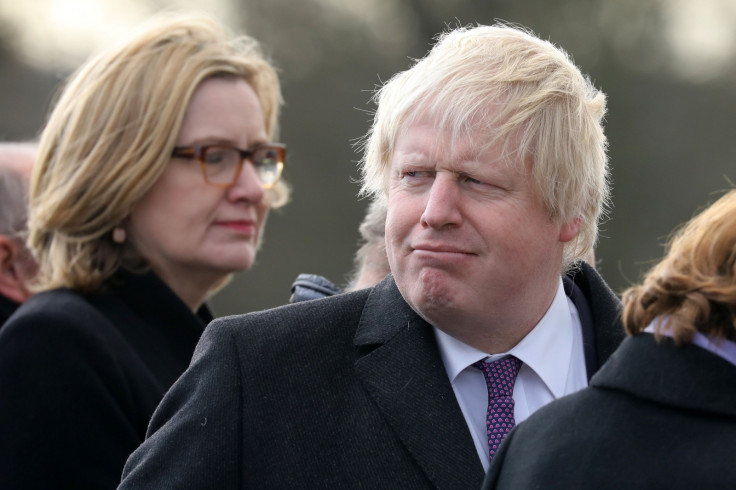How much would a bridge across the English Channel connecting the UK and France cost?
The Foreign Secretary reportedly suggested building a bridge across the English Channel.

Boris Johnson has reportedly floated the idea of building a bridge linking the UK with France – but how much would such a structure cost?
During Prime Minister Emmanuel Macron's state visit to the UK, the Foreign Secretary commented that it was "ridiculous" that two of the world's biggest economies were only connected by a single rail tunnel.
Johnson reportedly touted building a 22-mile bridge, which would link the shortest distances between the countries.
The Foreign Secretary later tweeted: "I'm especially pleased we are establishing a panel of experts to look at major projects together.
"Our economic success depends on good infrastructure and good connections. Should the Channel Tunnel be just a first step?"
Downing Street later released a statement saying there are "no specific plans" to erect a bridge linking the UK and France.
Regardless of whether the project will go ahead, it is not actually a new idea. Currently, those who want to travel between France and the UK have three options: flying, taking a ferry, or going via the Channel Tunnel. This bridge would present a fourth option.
In 1981, transport officials put forward plans to build a three-lane motorway across the English Channel, which would tower 220ft above the water. At the time, the project was predicted to cost £3bn. Travellers would pay a £5.60 toll charge, while lorries would fork out £8 to bring in £220m a year, according to estimates from the engineering group LinktoEurope, BBC News reported.
However, the plans were regarded as too impractical, partly because the large pylons needed would present a navigation obstacle to ships.
But as technology has advanced since 1981, would a bridge connecting France and the UK be possible now? And how much would it cost?
Based on the costs put forward in 1981, it would set you back at least £12bn – and likely more.
"There are obvious technical issues to consider not least the fact that the channel is one of the busiest shipping lanes in the world," Institution of Civil Engineers director general Nick Baveystock told IBTimes UK.
Mark Hansford, editor of New Civil Engineer magazine told The Local website that it is "feasible", citing similar bridges in South East Asia. He added that it would likely have to be a toll road in order to justify the costs.
However, Christian Bocci, senior partner at Weston Williamson and Partners, the architect behind major infrastructure projects including Crossrail and the Jubilee Line, told IBTimes UK that the issue is less one of cost but more of a business case.
"The economic value that a connection of this nature could make would likely far outweigh the cost, and this would increase over time rather than decrease. Business case thinking is often neither creative enough nor thinking to a longer term paradigm shift that pushes nations to the forefront rather than 'keeping up'," he said.
"Economic powerhouses such as China and Japan have embraced this big infrastructure thinking and we may need to shift our mindset in order to realise the seemingly impossible."
Baveystock added: "Civil engineers are adept at overcoming technical challenges with creative solutions, but we also want to ensure that taxpayers get the best possible value for their money and don't chase schemes without considered and careful analysis of whether the project is truly necessary."






















